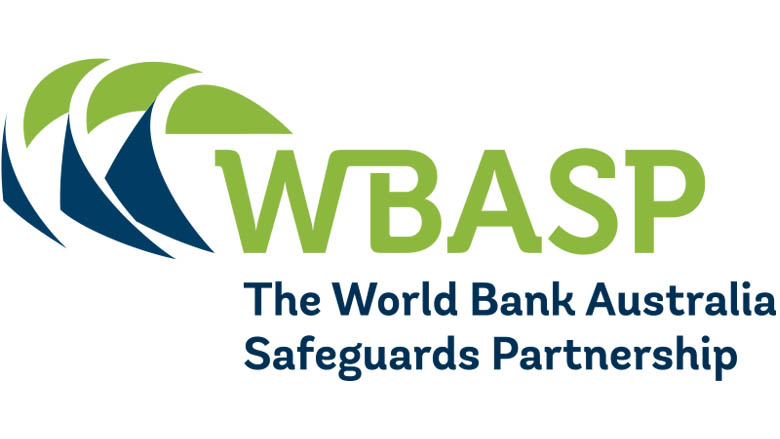The World Bank Australia Safeguards Partnership (WBASP) is a multi-year partnership program between the World Bank and the Australian Department of Foreign Affairs and Trade (DFAT). The partnership was established to help countries in the East Asia Pacific (EAP) region meet their growing infrastructure needs in a way that is environmentally and socially sustainable.
DFAT has been providing financial resources to the World Bank to support this effort since 2012 – initially through the East Asia and Pacific Infrastructure for Growth Trust Fund, and, since January 2015, through the WBASP. Recognizing the progress achieved and potential for sustained impact, DFAT has extended the program through September 2021.
The WBASP program is active in Fiji, Indonesia, Kiribati, Myanmar, Papua New Guinea, the Philippines, Samoa, Solomon Islands, Timor-Leste, Tonga, Tuvalu, Vanuatu, and Vietnam.
What We Do
The WBASP works to:
- help EAP countries improve their environmental and social safeguard and standards frameworks,
- strengthen their technical capacity to design and implement environmental and social safeguards and standards in the context of infrastructure project development, and
- advance international good practice and promote the use of a shared approach on environmental and social standards among development banks and private-sector investors in the region.
How We Do It
To help EAP countries strengthen their environmental and social safeguards and standards, the WBASP focuses on three broad areas of work:
Assessing Country Safeguards Framework
Country Safeguards Framework Assessments (CSFA) provide a broad understanding of a country’s legal and institutional frameworks for environmental and social standards and how these are translated into effective action through institutional arrangements and resource allocations. CSFA findings are discussed with the government and development partners to determine what institutional strengthening and capacity building activities are needed and to inform future projects or engagements.
Developing Technical Capacity
The WBASP helps to strengthen environmental and social standards in EAP countries through Learning Centers (LCs) that are designed to strengthen long-term technical and institutional capacity for environmental and social assessment and management. LCs provide training and other capacity development activities to government counterparts, academia, consultants and others involved in environmental and social management.
Promoting Good Practice on Environmental and Social Standards
The WBASP plays an important role in promoting a shared approach and good practice on environmental and social standards among development partners active in the EAP region. This includes:
- developing a streamlined multi-donor approach tailored to the special needs of the Pacific Island Countries (PIC),
- supporting the WBASP-coordinated Development Partners Community of Practice (COP) and joint work programs, and
- coordinating analytical work to highlight and share good practices in environmental and social assessment and management.
